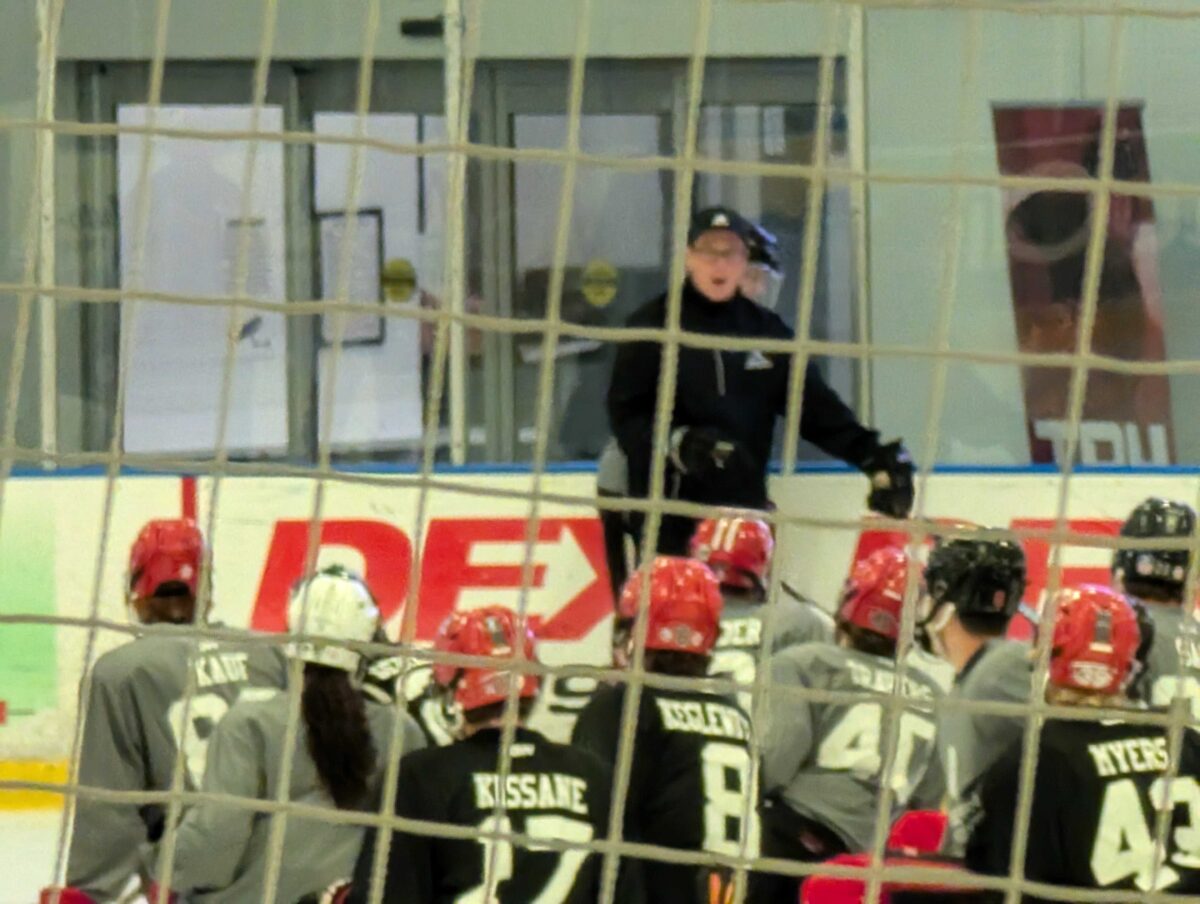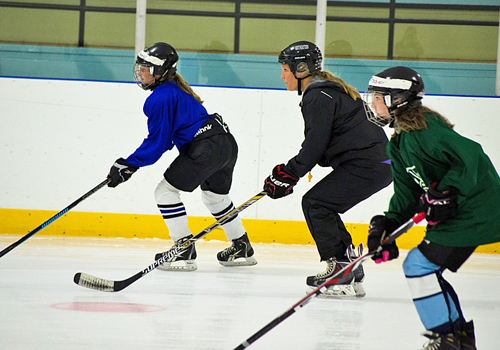
Over the past decade, my children have attended at least one hockey camp each summer. From a hockey perspective, very few of these camps significantly advanced their development. However, the true value of these camps often lay beyond mere skill improvement. These camps often coincided with family vacations, provided fun experiences, helped them regain hockey shape after a break, or offered a glimpse into a college’s environment. It’s rarely worth traveling solely for a hockey camp unless there are other compelling reasons to visit the destination.
Tips: Necessary but Not Sufficient
At most camps my children have attended, coaches tend to focus on running various drills as a means to enhance players’ abilities. There is nothing inherently wrong with emphasizing skating, stickhandling, and shooting drills. Repetitions and fundamental work can be beneficial, especially for younger players (e.g., 12 and under). However, these camps typically involve large groups, with everyone undergoing the same repetitions. Individual coaching usually consists of sporadic tips and tricks as coaches move among the campers. While tips and drills are valuable, they rarely constitute comprehensive skill instruction. The USA Hockey Development Camps epitomize this approach—featuring excellent coaches who primarily offer pointers and tweaks over the course of several days.
This is why, for the past few summers, I have preferred enrolling my children in local private or semi-private lessons with experts rather than traveling for hockey camps. I would rather invest in trusted coaches who can provide individualized attention and feedback.
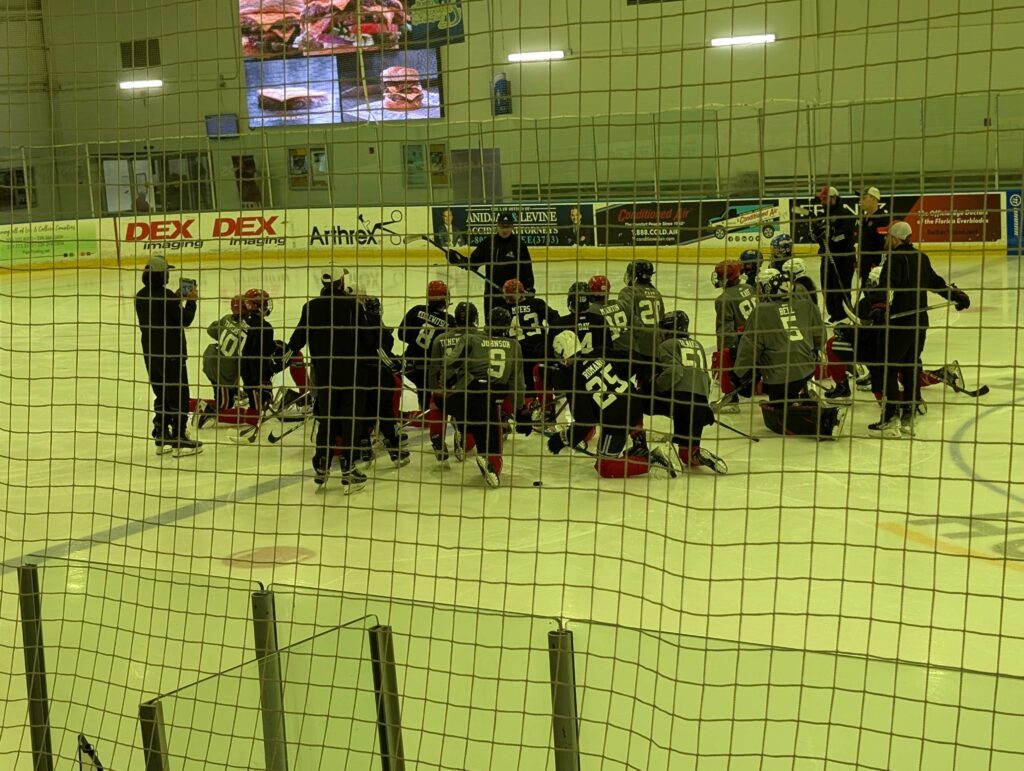
Belfry Summer Camp
This summer, I decided to take a chance on a camp that promised to focus on skill development. A few weeks ago, my son attended a destination hockey camp that yielded the highest return on investment (ROI) from a development perspective. The Darryl Belfry Camp distinguished itself from other camps because the coaching staff was dedicated to adding new tools to the players’ toolkits.
The camp had 22 skaters and 2 goalies, with 7 coaches on the ice, many using iPads to record segments of the sessions. Players spent 3 hours on the ice each day, accompanied by a daily 30-minute video review with Q&A and a 1-hour professional gym workout. Notably, there was not a single whistle used during on-ice sessions. Coaches explained and demonstrated drills using their voices without yelling. Each day had a specific skill theme that built on the previous day’s lessons, ensuring that by the end of the week, players had acquired a suite of new skills applicable to game situations. Examples of these skills included making area passes, various types of steals, and explosive skating with and without the puck.
One of my favorite aspects of Darryl Belfry’s coaching is his commitment to keeping the nets in their standard positions for drills. Even in small-area games, he simply shrinks the offensive zone but keeps the nets in place. This ‘ice geography’ approach teaches players to be acutely aware of their location relative to key markers like the faceoff dot and the boards.
My hope was that my son would learn 5 or 6 new skills by the end of the week. He ended up acquiring 8 or 9 new skills, ranging from hook passes to reading the position of the defense on zone entries. This represented a significant ROI for 4 days of training, with each new tool directly applicable to game situations. The personalized feedback report, complete with links to short YouTube videos of my son demonstrating the week’s skills, was particularly valuable. I have been a big advocate of providing feedback to players after attending a camp, but feedback is only as good as the effort put into it. In this case, the detailed feedback, supplemented by video, was especially appreciated.
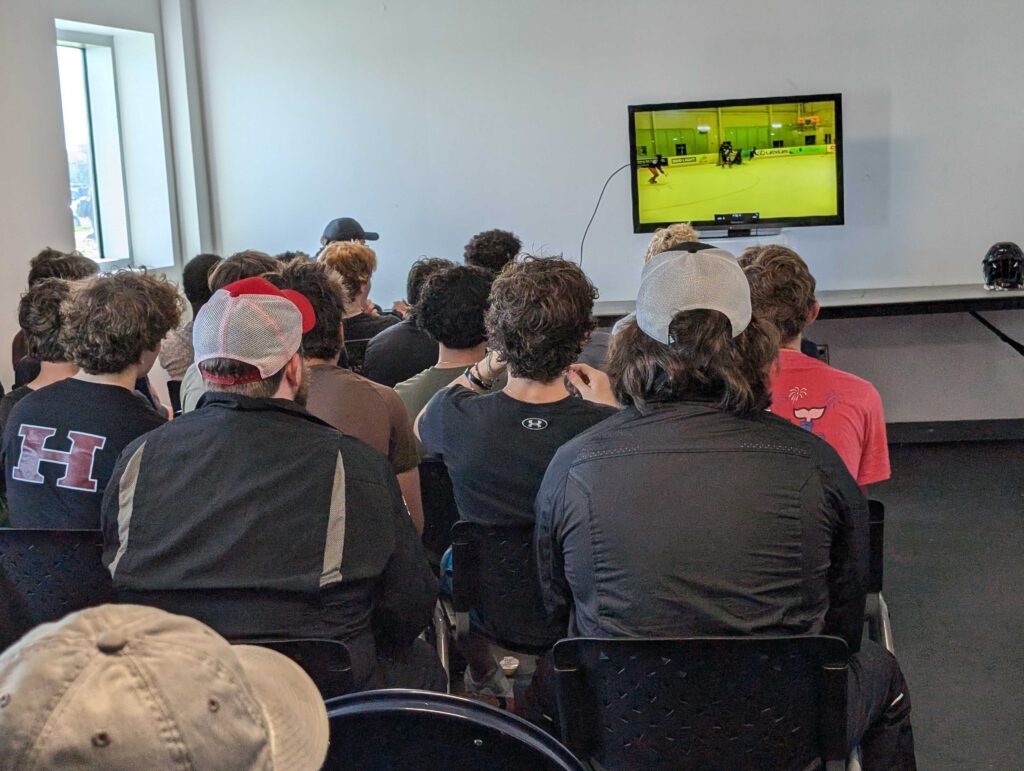
Setting Expectations
In conclusion, it is crucial to set realistic expectations when choosing a summer hockey camp. If a coach claims, “We will be on the ice for 15 hours this week; your child will definitely improve,” take that with a grain of salt. While this might be effective for younger children, merely repeating the same bad habits does not make a player better. There are few coaches who can both manage a large camp and teach new skills simultaneously; they need to have a background in coaching and a commitment to continuous improvement. Otherwise, ensure that your other priorities are met and view the camp as an opportunity for your child to enjoy being on the ice and having fun.
